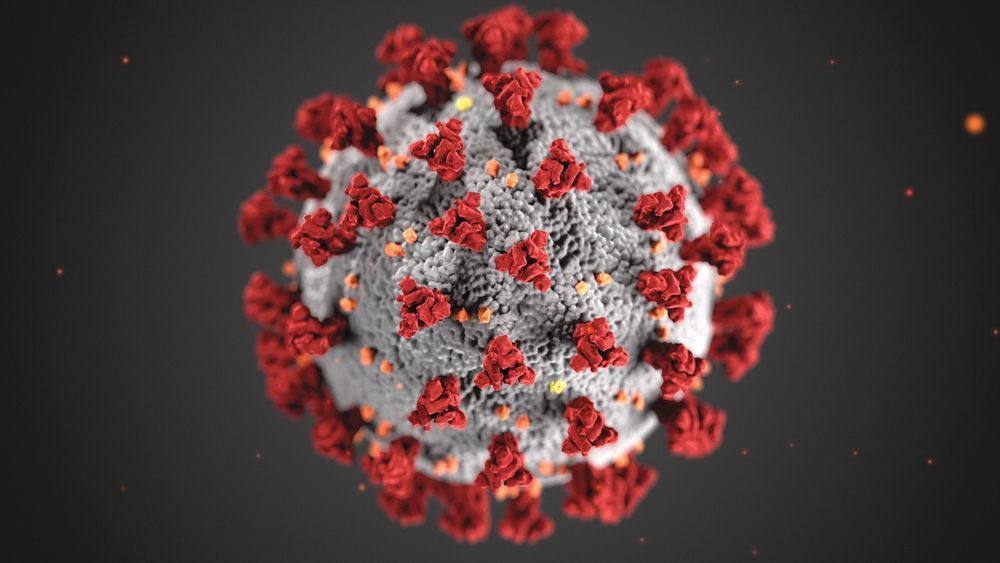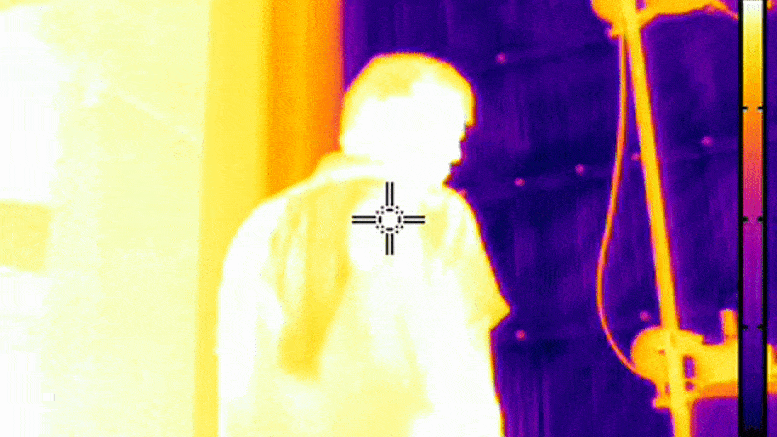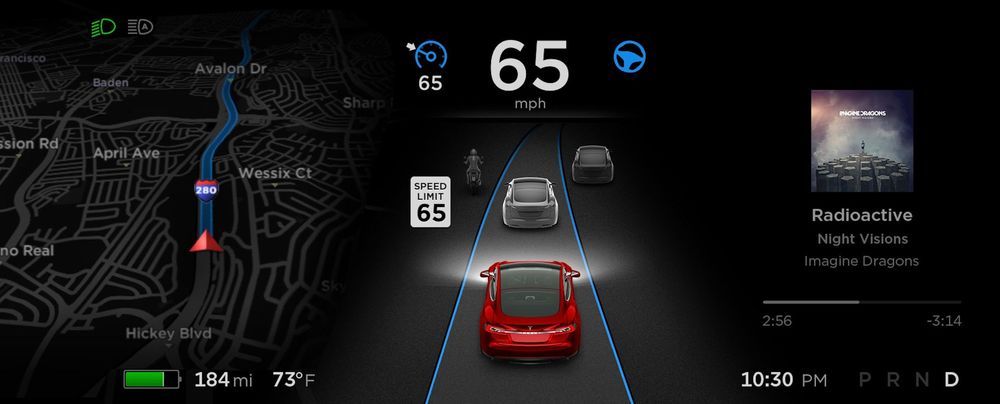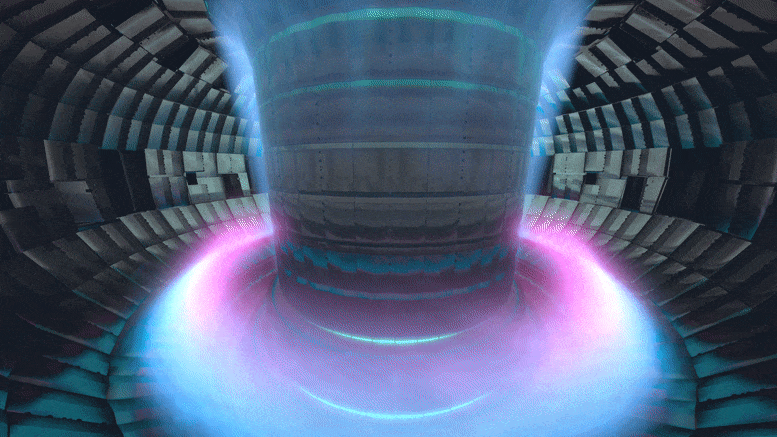NASA is investigating the potential for a tiny wind turbine to power instruments during long Martian polar night.



The coronavirus disease 2019 (COVID-19) pandemic has had a global impact on all aspects of health care, including surgical procedures. For urologists, it has affected and will continue to influence how we approach the care of patients preoperatively, intraoperatively, and postoperatively. A risk-benefit assessment of each patient undergoing surgery should be performed during the COVID-19 pandemic based on the urgency of the surgery and the risk of viral illness and transmission. Patients with advanced age and comorbidities have a higher incidence of mortality. Routine preoperative testing and symptom screening is recommended to identify those with COVID-19. Adequate personal protective equipment (PPE) for the surgical team is essential to protect health care workers and ensure an adequate workforce. For COVID-19 positive or suspected patients, the use of N95 respirators is recommended if available. The anesthesia method chosen should attempt to minimize aerosolization of the virus. Negative pressure rooms are strongly preferred for intubation/extubation and other aerosolizing procedures for COVID-19 positive patients or when COVID status is unknown. Although transmission has not yet been shown during laparoscopic and robotic procedures, efforts should be made to minimize the risk of aerosolization. Ultra-low particulate air filters are recommended for use during minimally invasive procedures to decrease the risk of viral transmission. Thorough cleaning and sterilization should be performed postoperatively with adequate time allowed for the operating room air to be cycled after procedures. COVID-19 patients should be separated from noninfected patients at all levels of care, including recovery, to decrease the risk of infection. Future directions will be guided by outcomes and infection rates as social distancing guidelines are relaxed and more surgical procedures are reintroduced. Recommendations should be adapted to the local environment and will continue to evolve as more data become available, the shortage of testing and PPE is resolved, and a vaccine and therapeutics for COVID-19 are developed.
The first reported cases of coronavirus disease 2019 (COVID-19), which is caused by severe acute respiratory syndrome coronavirus 2 (SARS-CoV-2), originated in Wuhan City, Hubei Province, China in December 2019. This respiratory disease spread outside of China, leading to outbreaks in Korea, Iran, Italy, and, eventually, the United States and the rest of the world. On March 11, 2020, the World Health Organization (WHO) declared the outbreak to be a pandemic. At the time of this writing, there are currently more than 1.3 million confirmed cases worldwide, with the total deaths numbering more than 74,000.1 This pandemic is unlike anything that has been seen in recent history.
From a urologic surgery perspective, many questions arise regarding the immediate and long-term care of our patients. The goal of this article is to summarize some of the current information available on preoperative, intraoperative, and postoperative care. As we gain more knowledge about how the virus behaves, this body of literature will inevitably change.

Chilled panels use less energy than conventional A/C and work in open spaces.
Many people beat the summer heat by cranking the air conditioning. However, air conditioners guzzle power and spew out millions of tons of carbon dioxide daily. They’re also not always good for your health—constant exposure to central A/C can increase risks of recirculating germs and causing breathing problems.
There’s a better alternative, say a team of researchers from the University of British Columbia, Princeton University, the University of California, Berkeley and the Singapore-ETH Centre.

Min-Liang Tan, chief executive of gaming company Razer, said that the Covid-19 pandemic is driving the internet to the next stage of its evolution – something called the ‘Metaverse’ where cyberspace becomes more of an interactive 3D space with commerce and networking alongside content, much like the worlds in popular games such as Fortnite and Roblox.
The metaverse concept was brought to life by the 2018 sci-fi movie Ready Player One, directed by Steven Spielberg.

For a while, there has been speculation about to what degree Tesla was using GPS data versus actual detection of speed limit signs in order to detect speed limits for its Autopilot features.
Now this new udpate gives us some answers.
Today, Tesla started releasing its 2020.36 software update and it includes several new features including one called ‘Speed Assist Improvements’.


Picture an airplane that can only climb to one or two altitudes after taking off. That limitation would be similar to the plight facing scientists who seek to avoid instabilities that restrict the path to clean, safe, and abundant fusion energy in doughnut-shaped tokamak facilities. Researchers at the U.S. Department of Energy’s (DOE) Princeton Plasma Physics Laboratory (PPPL) and General Atomics (GA) have now published a breakthrough explanation of this tokamak restriction and how it may be overcome.
Toroidal, or doughnut-shaped, tokamaks are prone to intense bursts of heat and particles, called edge localized modes (ELMs). These ELMs can damage the reactor walls and must be controlled to develop reliable fusion power. Fortunately, scientists have learned to tame these ELMs by applying spiraling rippled magnetic fields to the surface of the plasma that fuels fusion reactions. However, the taming of ELMs requires very specific conditions that limit the operational flexibility of tokamak reactors.


If a tree falls in a forest and no one is there to hear it, does it make a sound? Perhaps not, some say.
And if someone is there to hear it? If you think that means it obviously did make a sound, you might need to revise that opinion.
We have found a new paradox in quantum mechanics – one of our two most fundamental scientific theories, together with Einstein’s theory of relativity – that throws doubt on some common-sense ideas about physical reality.

Amazon’s Prime Air drone delivery plans scored a boost on Thursday. The Federal Aviation Administration approved an exemption allowing the company to move forward with operations while working towards formal certification of the MK27 UA aircraft and the airline operations. The approval comes with significant limits, but allows the company to continue development of the platform and supports progress towards the necessary certifications.
The relief provided in this 44807 exemption would enable the Amazon MK27 unmanned aircraft (MK27 UA) and associated aircraft systems (MK27 UAS) to operate in cargo delivery operations without an airworthiness certificate. The FAA concludes that Amazon’s compliance with the conditions and limitations of this exemption, along with the FAA’s safety evaluation of the MK27 UAS, will enable Amazon’s operations using the MK27 UAS without adversely affecting safety. Amazon is currently engaged in the process to receive a type certificate for the MK27 UAS utilized in its operations.